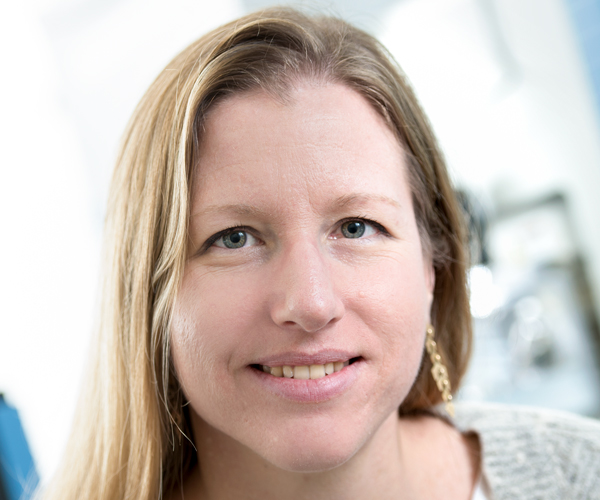
Researchers led by Ludwig Lausanne’s Michal Bassani-Sternberg examined how tumor heterogeneity, mutations and the antigen landscape are associated with immune infiltration in lung cancer. Tumors that are inflamed and infiltrated with CD8+ T cells are known to respond well to immunotherapy. What was less clear was whether these tumors express antigens substantially different from those expressed by their uninflamed counterparts. To find out, Michal and her colleagues integrated mass spectrometry-based immunopeptidomics with sophisticated genomics, spatial analysis of gene expression and imaging to analyze 61 tumor regions and adjacent nonmalignant lung tissues from 8 patients with lung cancer. They reported in a May issue of Nature Cancer that lung tumors that are poorly infiltrated by CD3+CD8+ T cells—typical of those seen in nonsmokers—both express and present higher levels of tumor antigens computationally identified as being of high quality (i.e. those more likely to activate T cell responses) than the T cell-infiltrated tumors associated with smoking-related lung cancer. This most likely stems from immune editing, in which cancer cells expressing immune-stimulating antigens are eradicated over the course of tumor evolution. Their findings have implications for the design of personalized immunotherapies.
The immunopeptidome landscape associated with T cell infiltration, inflammation and immune editing in lung cancer
Nature Cancer, 2023 May 1